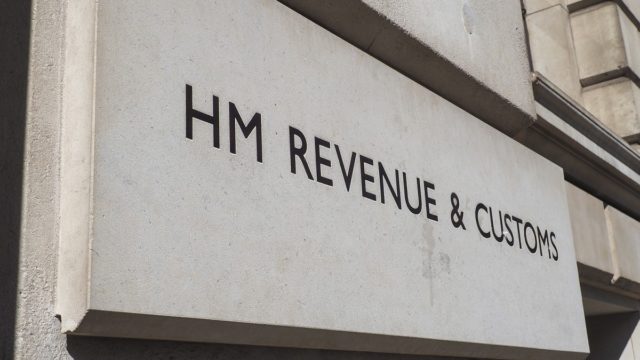Employment Relations in Britain and France

Summary & aims
Methodology
The project drew on comparable linked employer-employee data from the British Workplace Employment Relations Survey (WERS) and the French Enquete Relations Professionnelles et Negociations D’Entreprise (REPONSE). The objectives of the project were to compare the structures and processes of workplace employment relations between Britain and France, and to investigate the associations between these features of workplace employment relations and workplace / employee outcomes in the two countries. A central theme was the extent to which one can identify common sets of practices and structures associated with 'good' outcomes in both countries (a ‘universalist’ conception of good management) and, conversely, the extent to which similar practices perform very differently due to national idiosyncrasies (as under the ‘varieties of capitalism’ approach or the ‘approche sociétale’).
Partners
The project was led at NIESR by John Forth and Alex Bryson. It was undertaken with partners from a variety of institutions in France under central co-ordination from the Centre d’Etude de l’Emploi (CEE). The French team was led by Thomas Amossé at CEE and also comprised Héloïse Petit (University of Lille and CEE),Christine Erhel (University of Paris 1 and CEE), Philippe Askenazy (PSE), Antoine Rebérioux (University of Paris 7) and Zinaida Salibekyan (CEE).
Timescale and funder
The project was funded by the Leverhulme Trust under Research Project Grant RPG-2013-399. It began in April 2014 and was completed in June 2016 when a full-length book was published to report the findings.
Project events
Two half day-symposiums were held in London and Paris respectively in early July to present and discuss some of the main findings from the research.
PDF slidepack from research symposium
Project publications
The main output from this project was a full-length book in which we undertake a comparative analysis of workplace employment relations in Britain and France using the WERS and REPONSE data:
Amossé T, Bryson A, FORTH J and Petit H (2016) Comparative Workplace Employment Relations: An Analysis of Britain and France, Basingstoke: Palgrave Macmillan. ISBN: 9781137574190
Bryson, A., Erhel, C. and Salibekyan, Z., 2021. Perceptions of non-pecuniary job quality using linked employer–employee data. European Journal of Industrial Relations, 27(2), pp.113-129.
Documentation to permit further comparative analysis
A secondary output from the project is a suite of documentation and syntax that will facilitate further comparative analysis of WERS and REPONSE beyond that contained within our book. These documents can be accessed via the links below.
-
An Introduction to WERS and REPONSE (pdf file)
-
Original questionnaires from the 2004 and 2011 WERS with register of changes (zip file)
-
Original questionnaires from the 2005 and 2011 REPONSE with register of changes (zip file)
-
French translation of the 2011 WERS Management and Employee questionnaires with glossary of ‘local’ terminology (zip file)
-
English translation of the 2011 REPONSE Management and Employee questionnaires with glossary of ‘local’ terminology (zip file)
-
Map of topics and questions in WERS and REPONSE (Excel spreadsheet)
-
Stata syntax to compile harmonised data from the 2004/2011 WERS and the 2005/2011 REPONSE surveys (zip file)
-
User guide to accompany these Stata syntax files (pdf)
Further information on WERS and REPONSE























